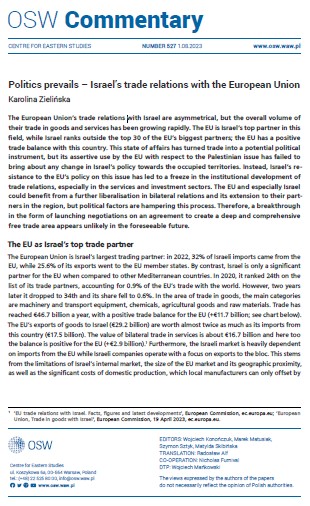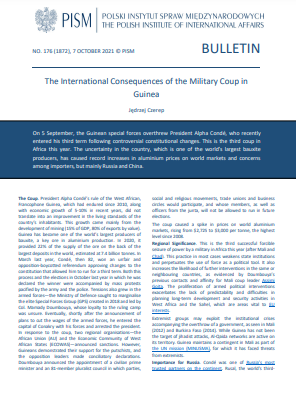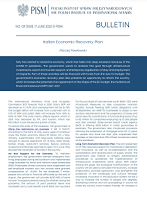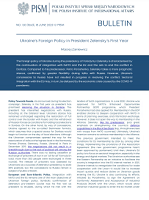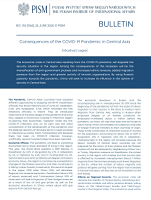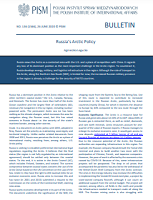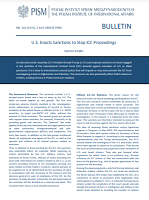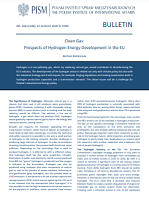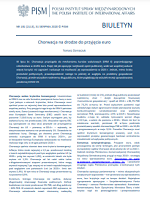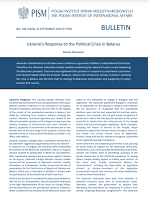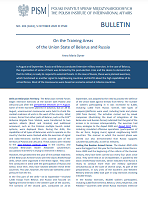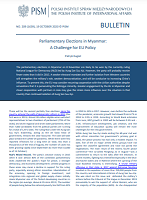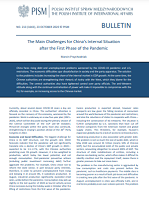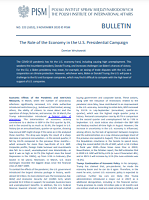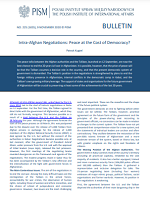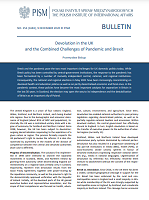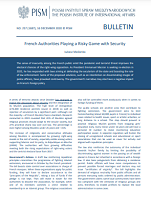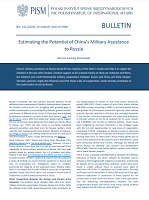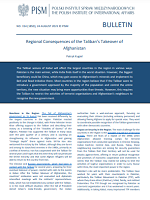
Regional Consequences of the Taliban’s Takeover of Afghanistan
The Taliban seizure of Kabul will affect the largest countries in the region in various ways. Pakistan is the main winner, while India finds itself in the worst situation. However, the biggest beneficiary could be China, which may gain access to Afghanistan’s minerals and implement its Belt and Road Initiative there. Most countries in the region believe that if the Taliban were to introduce a government approved by the majority of the population and control the entire territory, the new situation may bring more opportunities than threats. However, this requires the Taliban to restrict the activities of terrorist organisations and Afghanistan’s neighbours to recognise the new government.
More...
